‘The Art of Advocacy’: Aïda Muluneh’s vivid photographs are forces for change
At Efie Gallery, Dubai, Aïda Muluneh’s upcoming show, ‘The Art of Advocacy’ (12 January – 24 February 2023) surveys the photographer’s art as a tool for change, and debuts a new work, revealed exclusively here
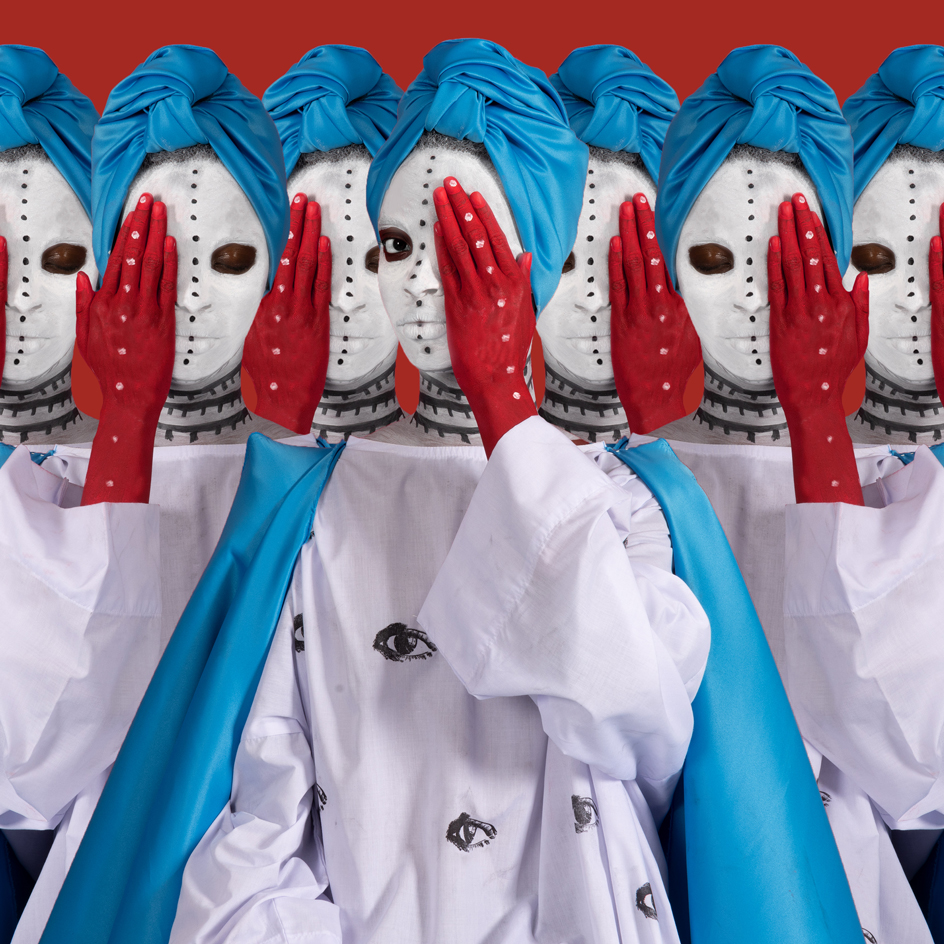
Aïda Muluneh has long been turning the global perception of Africa on its head. The Ethiopian photographer’s instantly identifiable visual language is a striking blend of surrealism and sharp, vivid references to Ethiopian culture and the lives of women. Through graphic, shadowless planes and deft deployment of Photoshop, her primary colour-saturated works weave a complex web of domesticity and politics, fact and fantasy, subtle symbolism and arresting frankness.
Muluneh’s first show at Dubai’s Efie Gallery highlights her ability to harness art as a tool for change. Titled ‘The Art of Advocacy’, the show spotlights works from acclaimed series such as Water Life 2018, (commissioned by WaterAid and shot in the salt flats of Dallol, one of the driest, hottest and most inhospitable places on earth), which addresses the impact of water deprivation on women’s liberation, health, sanitation and education, and The Road of Glory (2020), commissioned for the Nobel Peace Prize Exhibition that explores how food and hunger are used as weapons in war. ‘I purposefully selected works that respond to themes of human rights, environment, conflict and health as these continue to be prevalent global issues,’ Muluneh tells Wallpaper*.
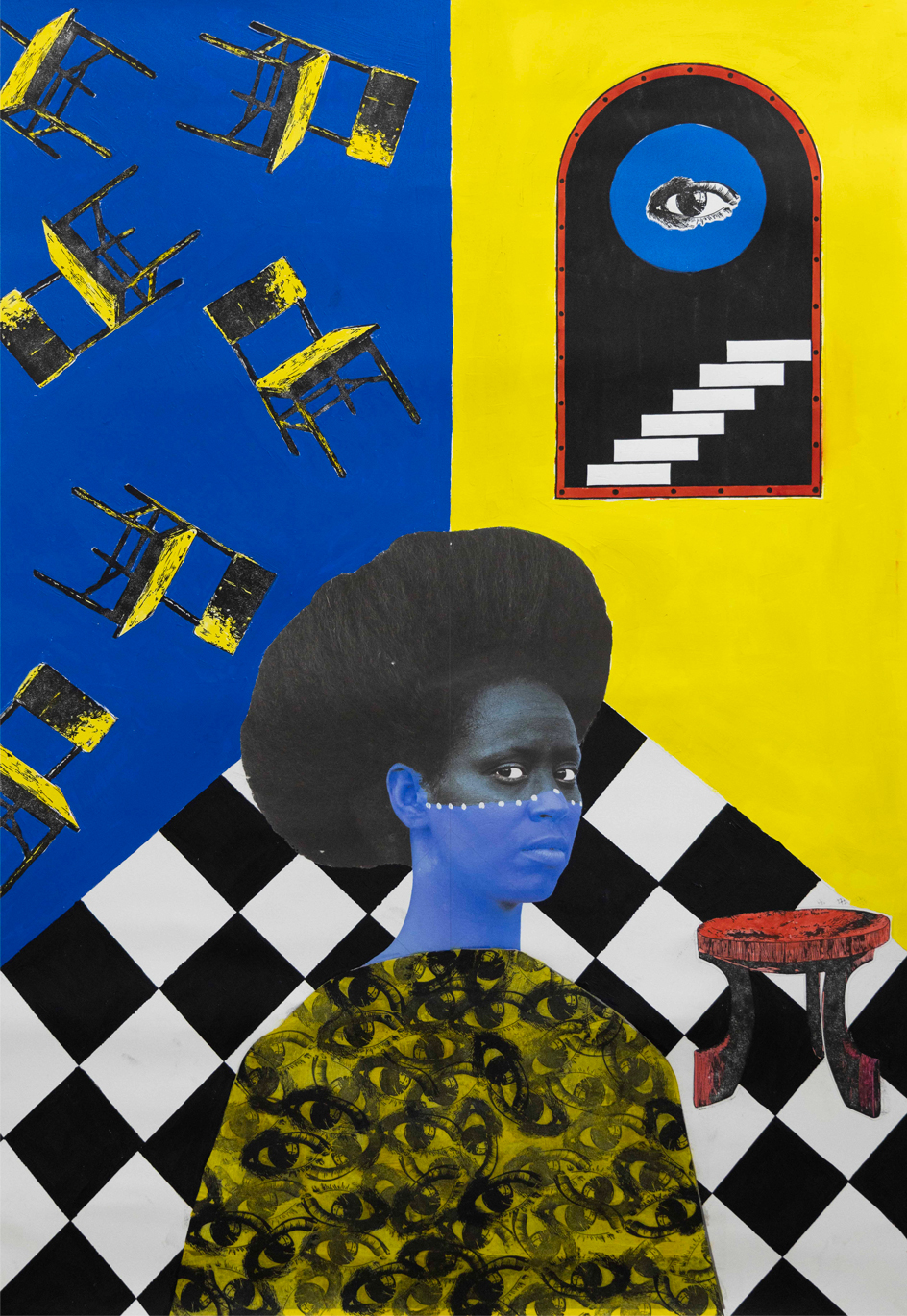
Aïda Muluneh, Walls of Silence, 2022. Courtesy the artist and Efie Gallery Dubai
Each project, the artist explains, ‘relates to encounters that I have experienced in my personal life and also in my professional career as a photojournalist. Having spent many years working close to several communities, the artistic interpretations of unspoken realities have manifested within the images presented,' she says. ‘The work aims to raise questions, to provoke curiosity and to imagine a different visual aesthetic as it relates to presenting the challenges that Africa faces – something that often falls victim to the foreign gaze as it relates to visual representation in the international media.’
Alongside, Muluneh will showcase a new work displayed for the first time, in which the artist explores a new process of hand-painting acrylic onto photographs. ‘I wanted to further my approach to photography by combining digital and analogue work as a form of mixed media,’ she explains.
For Muluneh, advocacy extends to the position of art institutions in Africa and the Global South. ‘As someone who has worked across Africa, the core values of the gallery of creating bridges through art is something that is needed in the UAE,’ says Muluneh, who has exhibited in the likes of MoMA and The Smithsonian. ‘The need to support African-led galleries such as Efie Gallery is part of developing an art landscape that goes beyond Western and European institutions.’
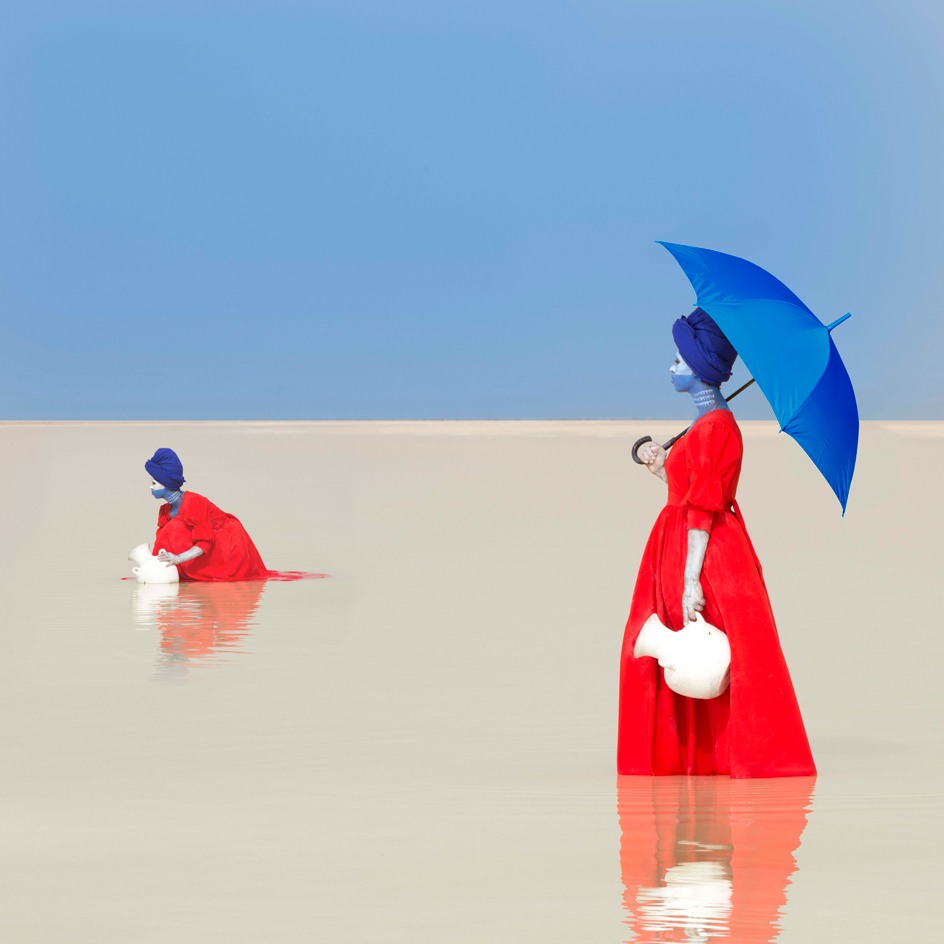
Aïda Muluneh, Burden of the Day, 2018, photograph, courtesy the artist and Efie Gallery Dubai
‘Aïda is able to transform natural environments into what can be perceived as otherworldly settings. Furthermore, as opposed to a mere backdrop, these landscapes are presented as an active agent in Aida’s storytelling, which is exemplified by her WaterAid commission,’ says Kwame Mintah, co-founder of Efie Gallery, which specialises in artists of African origin. ‘In the works, viewers are directed to focus on the barren landscapes that Aida positions her models within and in turn, the models and the environment are conveying the same story of the harsh reality of water scarcity.’
Through her activism, Aïda Muluneh is framing Africa not as a monolithic identity, but as a broad cultural tapestry. Her figures are stoic, dignified and resolute as they gaze down Mulenuh’s lens, questioning the gaze the world has long been accustomed to, and making them look harder. ‘The role of art for me is to document the present and to raise questions as it relates to our humanity. Throughout history, regardless of region, artists have played an important role in preserving the changing dynamics of a community, country and region, Muluneh concludes. ‘Creativity is a tool that provokes the imagination and provokes an audience's subconscious towards a conscious reaction.’
Receive our daily digest of inspiration, escapism and design stories from around the world direct to your inbox.
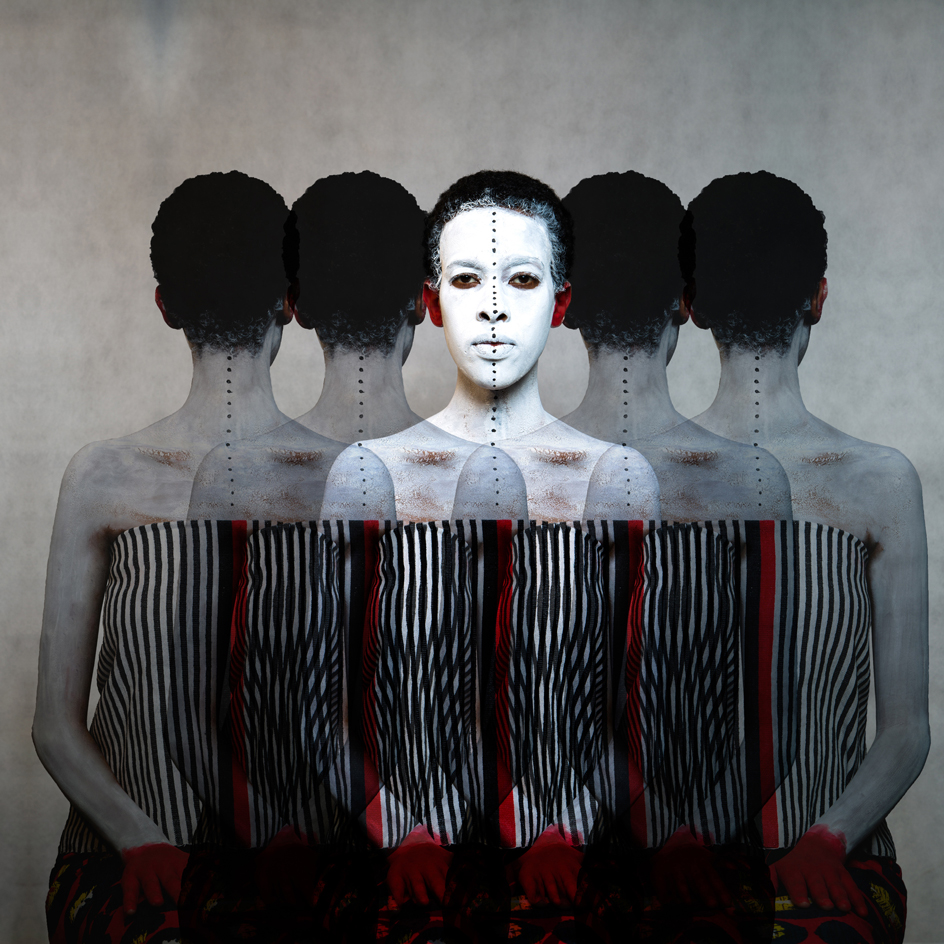
Aïda-Muluneh, The 99 Series, Part Three, 2013
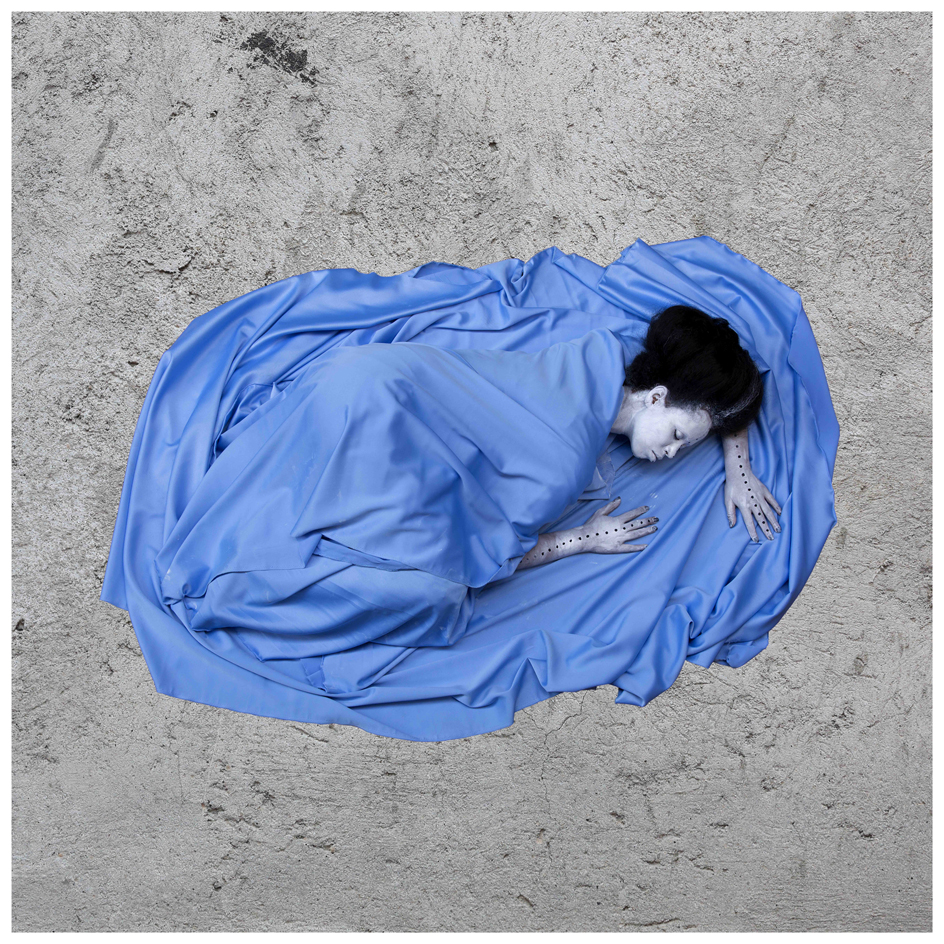
Aïda Muluneh, The More Loving One Part 2
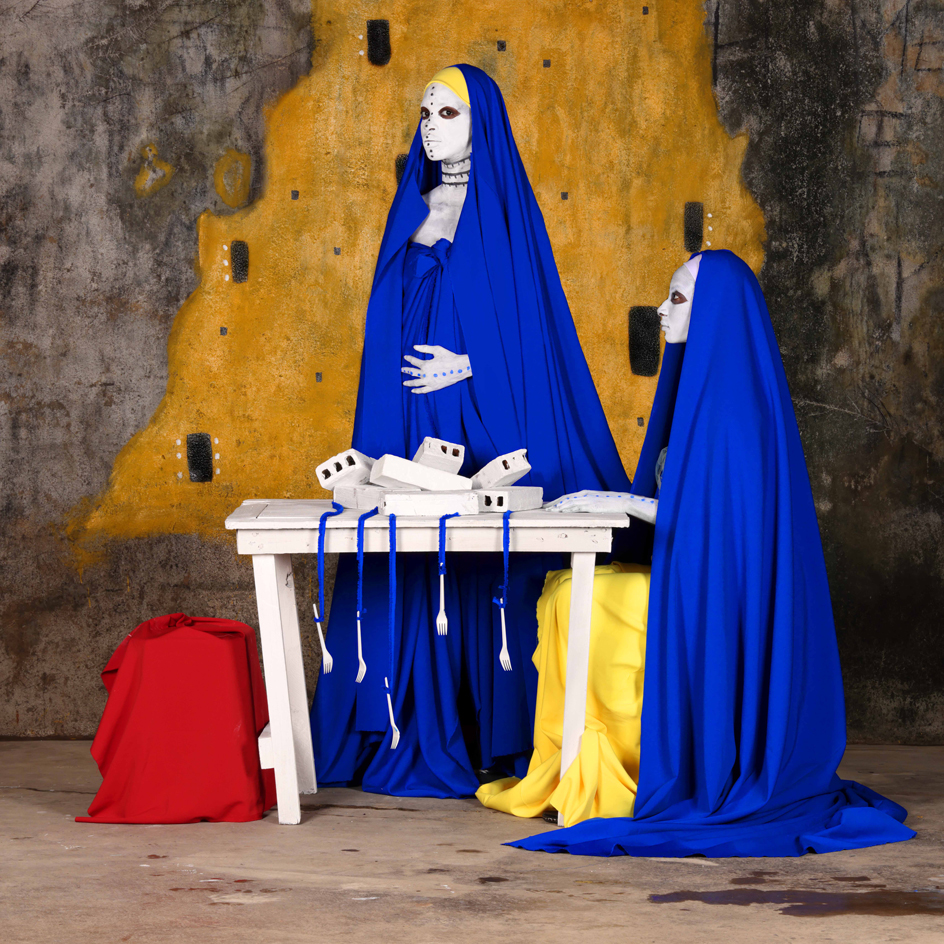
Aïda Muluneh, The Silence of hope, Syria, 2020
Aïda Muluneh, 'The Art of Advocacy', 12 January - 24 February 2023, at Efie Gallery, Dubai. aidamuluneh.com; efiegallery.com
Harriet Lloyd-Smith was the Arts Editor of Wallpaper*, responsible for the art pages across digital and print, including profiles, exhibition reviews, and contemporary art collaborations. She started at Wallpaper* in 2017 and has written for leading contemporary art publications, auction houses and arts charities, and lectured on review writing and art journalism. When she’s not writing about art, she’s making her own.
-
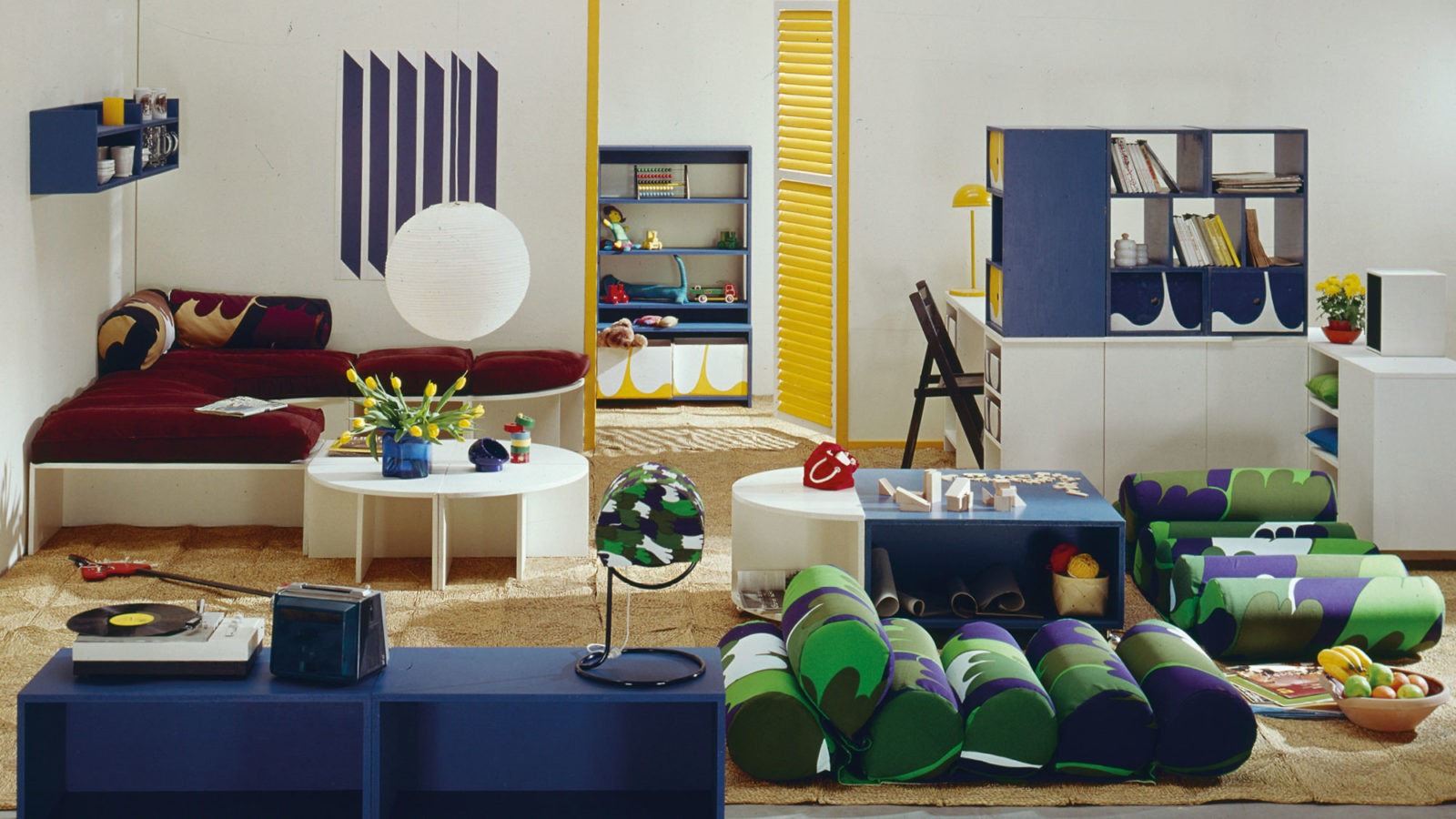 ‘The point was giving ordinary people access to bold taste’: how Ikea brought pattern into the home
‘The point was giving ordinary people access to bold taste’: how Ikea brought pattern into the home‘Ikea: Magical Patterns’ at Dovecote Gallery in Edinburgh tells the story of a brand that gave us not only furniture, but a new way of seeing our homes – as canvases for self-expression
-
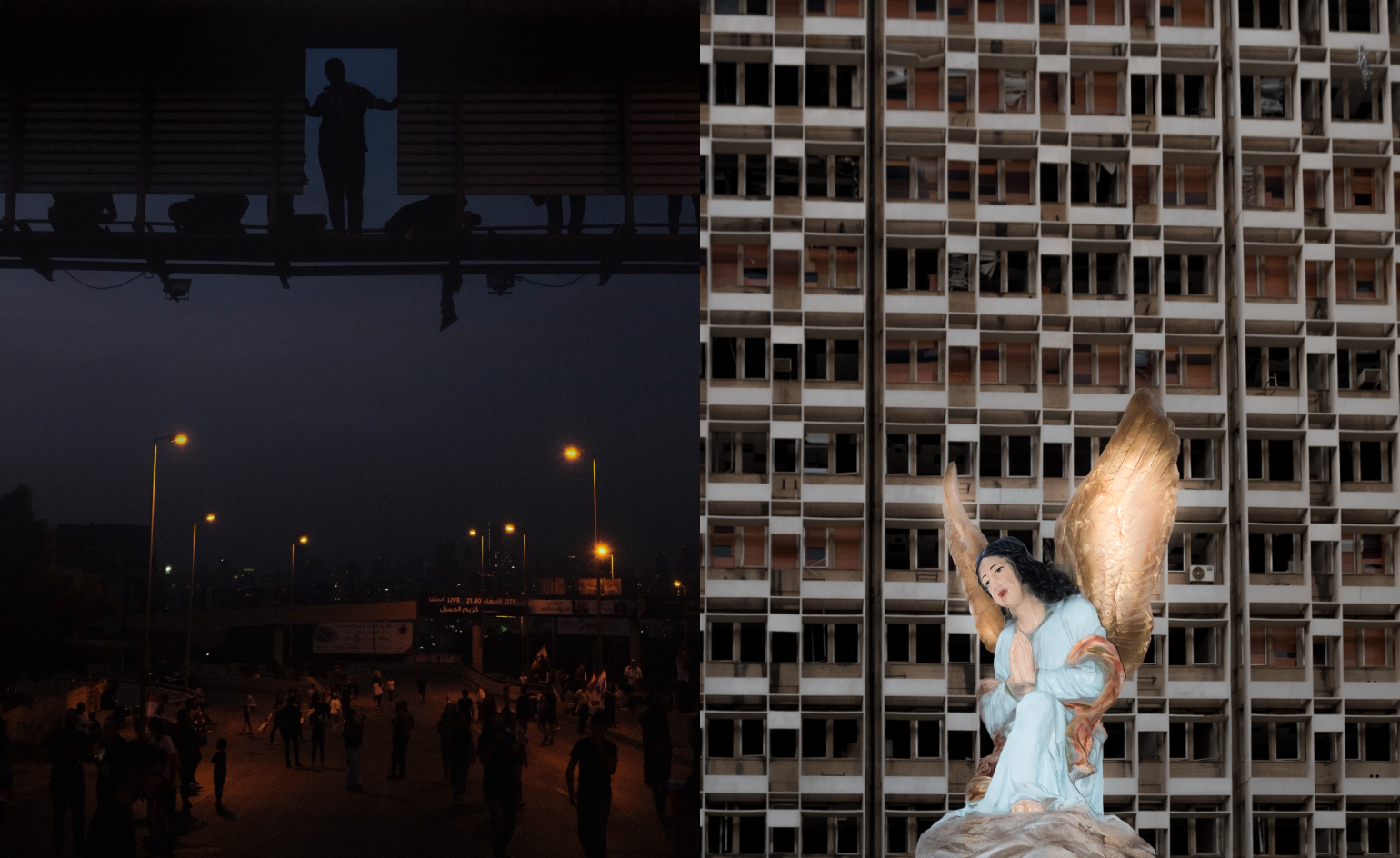 A poignant Lebanese photo book reflects on the memory of home
A poignant Lebanese photo book reflects on the memory of homeCharbel Alkhoury conveys the ache of seeking asylum in a photography book that documents not just a place, but its lingering afterimage
-
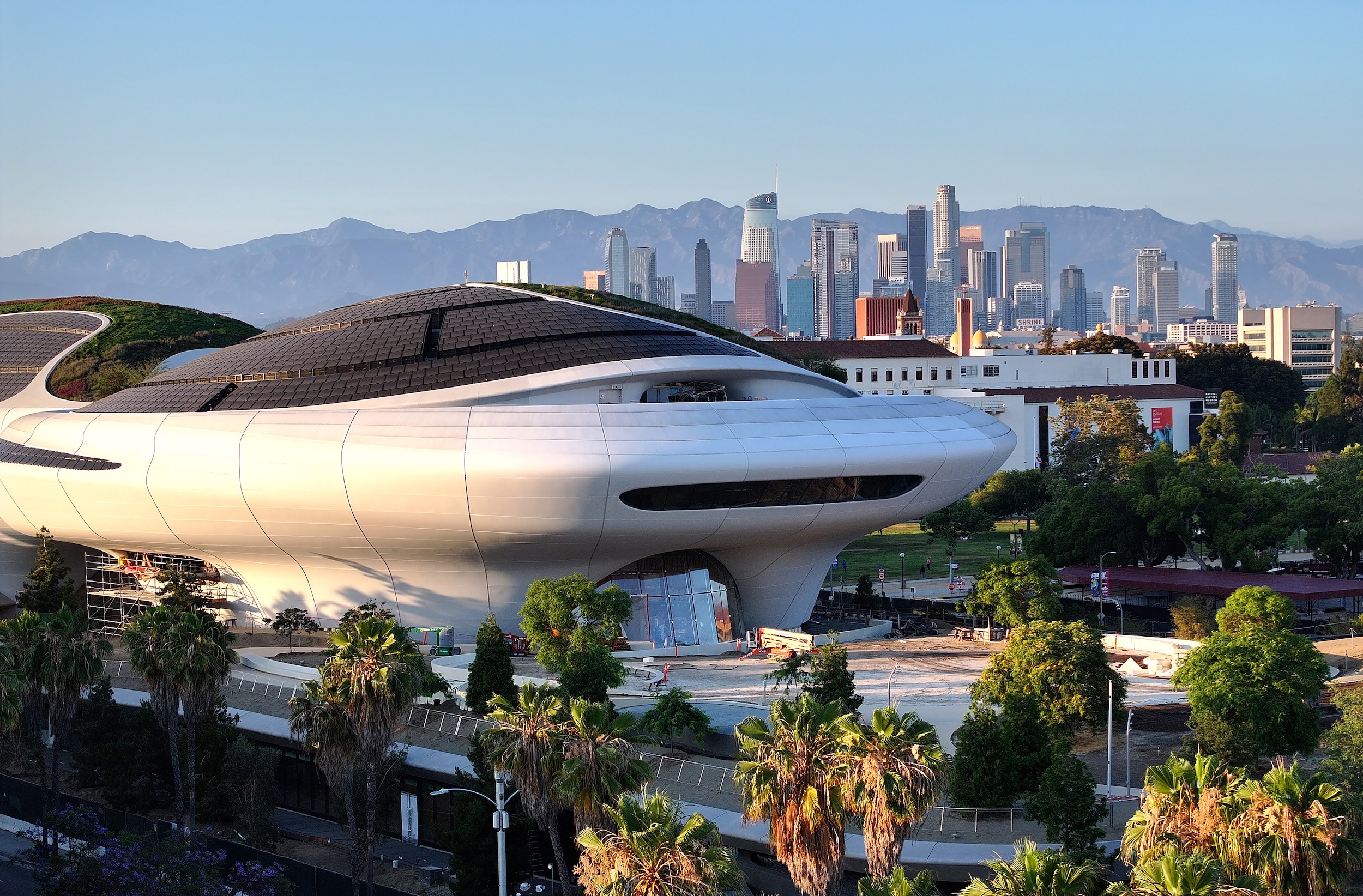 George Lucas’ otherworldly Los Angeles museum is almost finished. Here’s a sneak peek
George Lucas’ otherworldly Los Angeles museum is almost finished. Here’s a sneak peekArchitect Ma Yansong walks us through the design of the $1 billion Lucas Museum of Narrative Art, set to open early next year
-
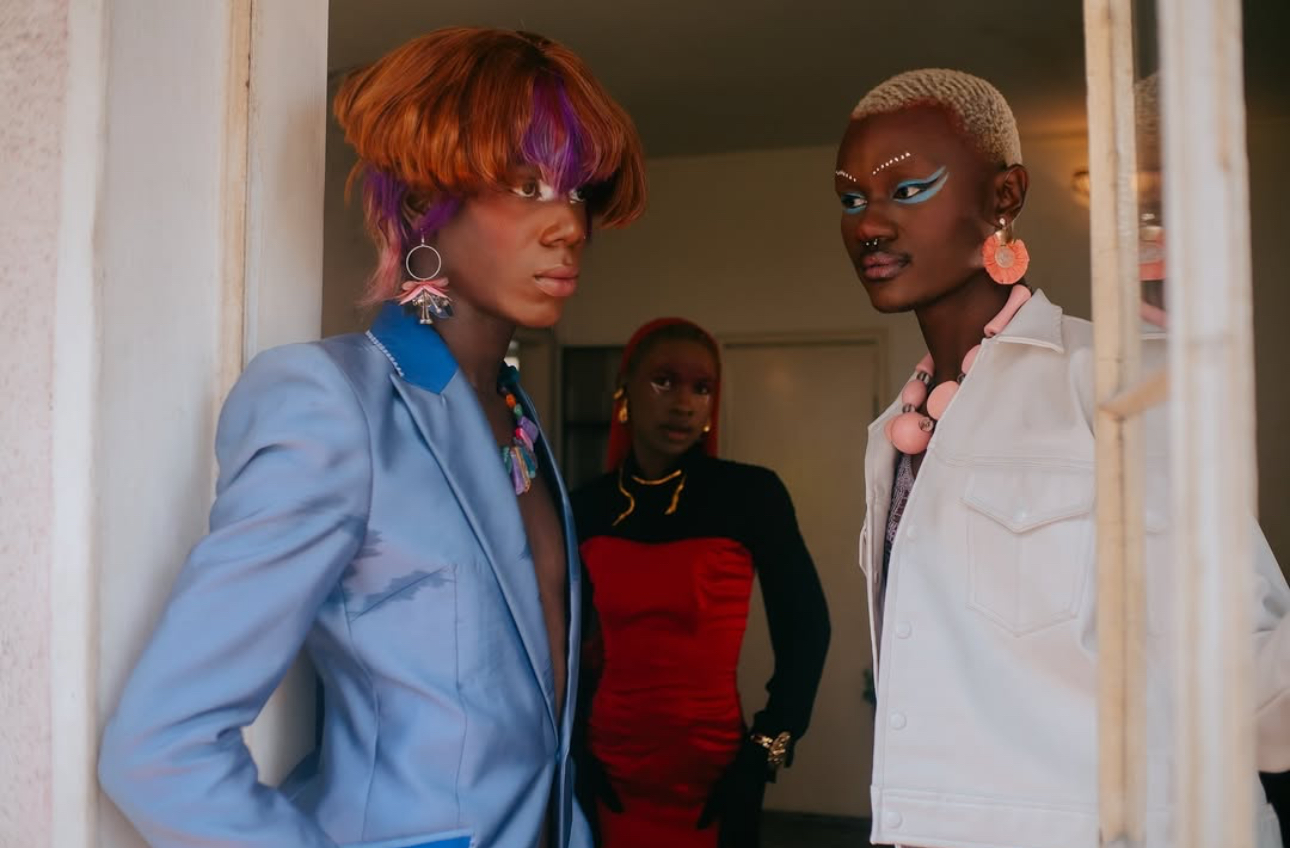 Love, community, anti-gay laws: the queer African artists redefining visibility through portraits
Love, community, anti-gay laws: the queer African artists redefining visibility through portraitsIn honour of Pride Month, Ugonnaora Owoh speaks to three artists on African queer legacies and their optimism in advocating for queer rights through art
-
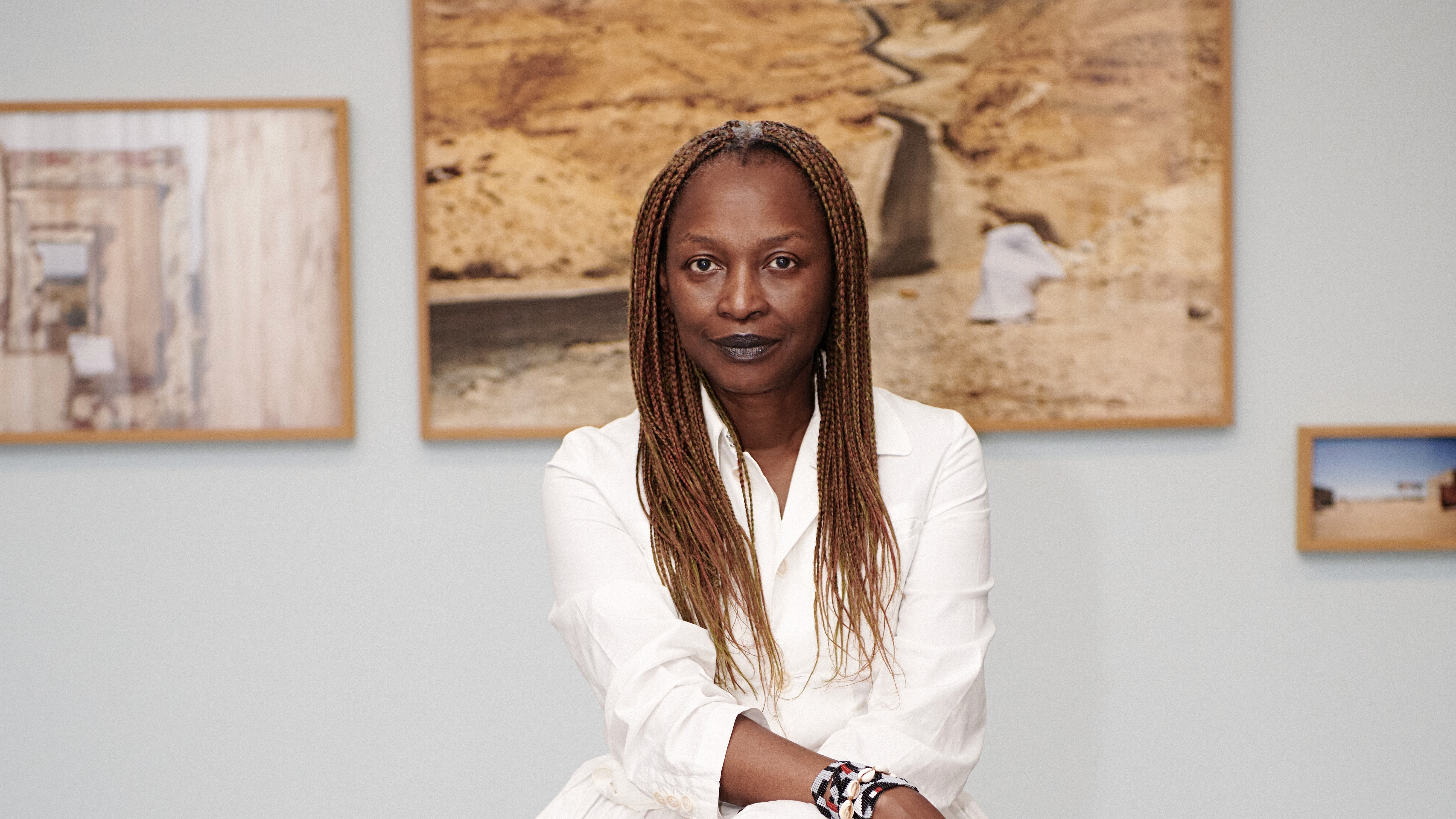 Remembering Koyo Kouoh, the Cameroonian curator due to lead the 2026 Venice Biennale
Remembering Koyo Kouoh, the Cameroonian curator due to lead the 2026 Venice BiennaleKouoh, who died this week aged 57, was passionate about the furtherance of African art and artists, and also contributed to international shows, being named the first African woman to curate the Venice Biennale
-
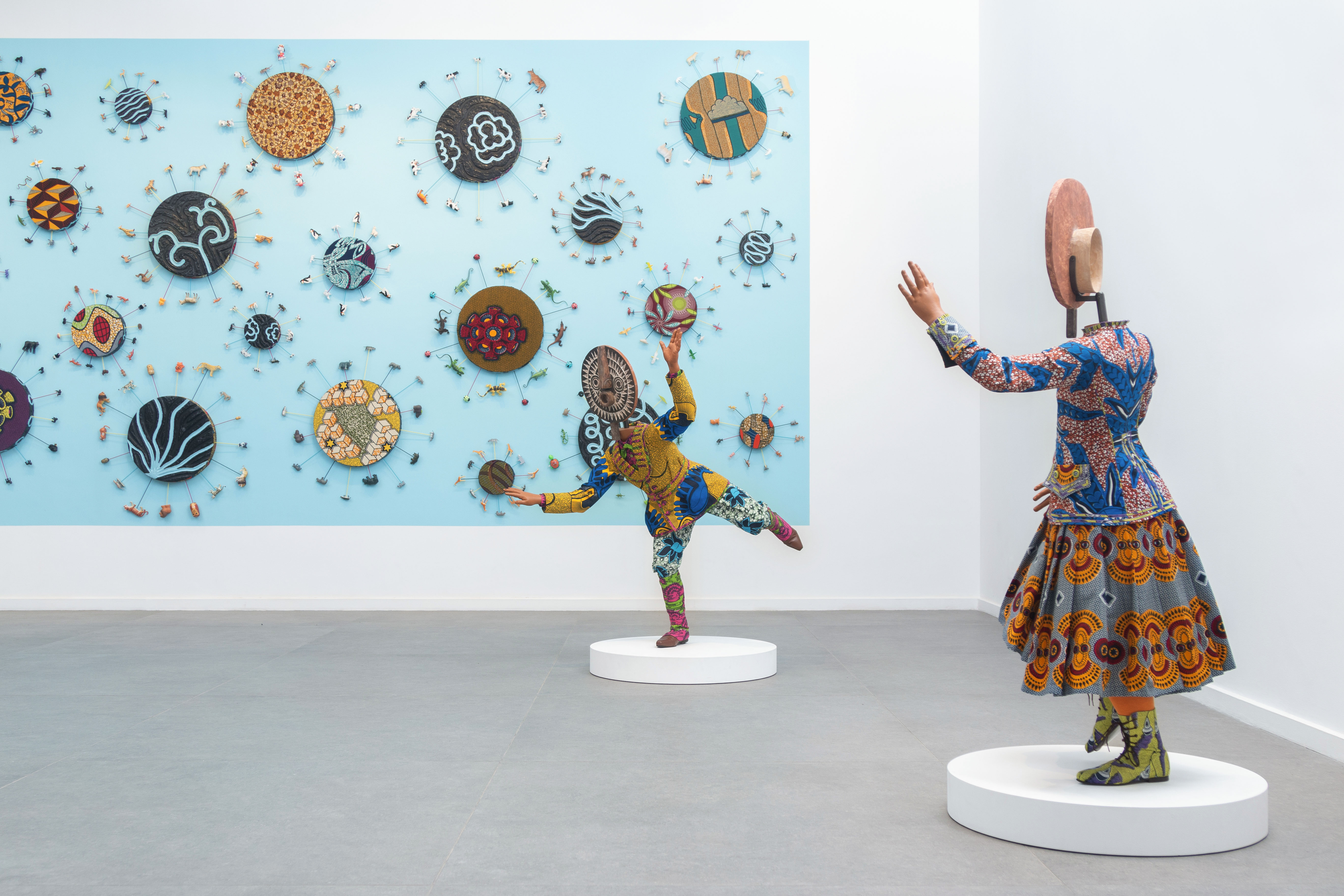 Inside Yinka Shonibare's first major show in Africa
Inside Yinka Shonibare's first major show in AfricaBritish-Nigerian artist Yinka Shonibare is showing 15 years of work, from quilts to sculptures, at Fondation H in Madagascar
-
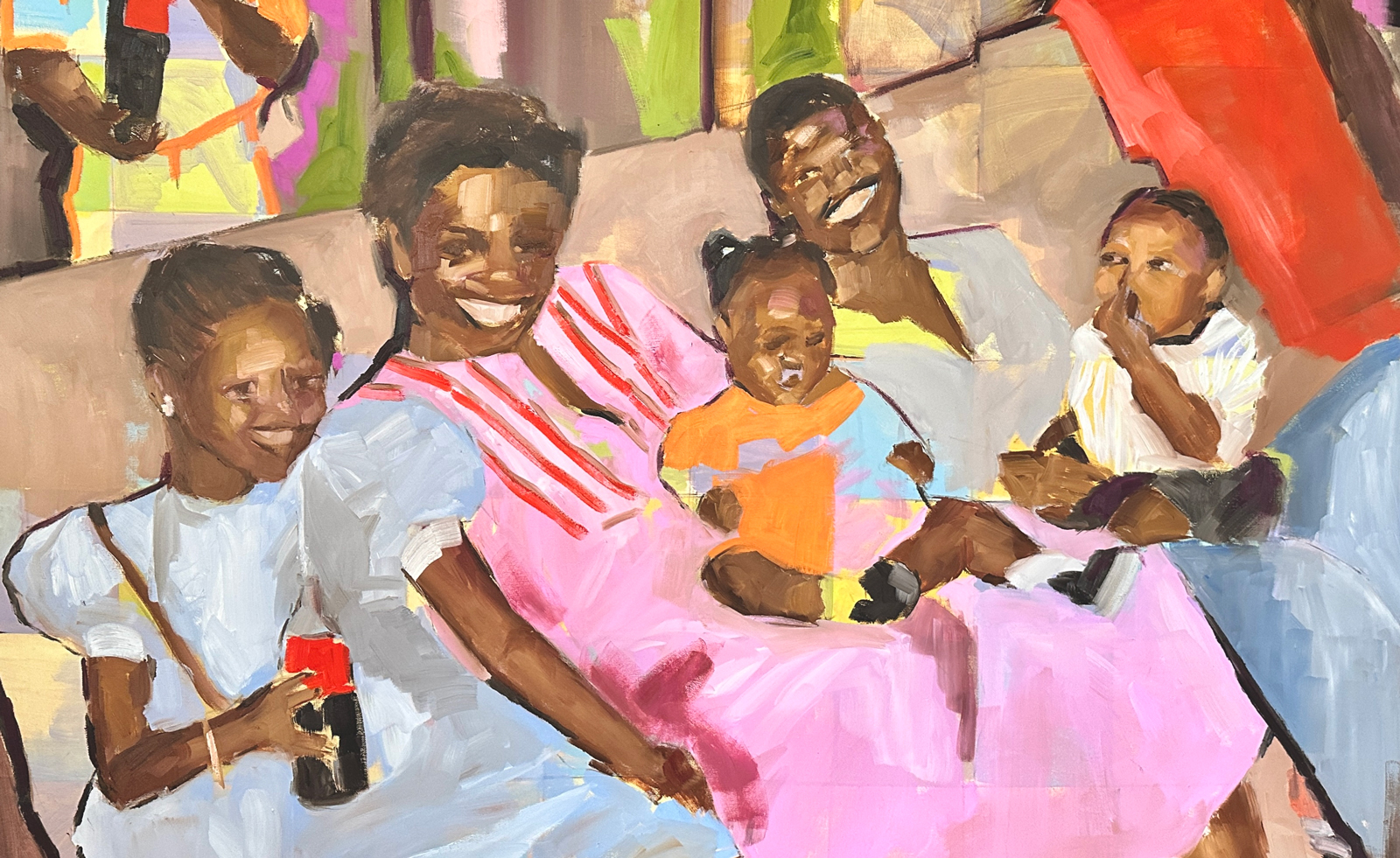 Don’t miss these artists at 1-54 Contemporary African Art Fair 2024
Don’t miss these artists at 1-54 Contemporary African Art Fair 2024As the 1-54 Contemporary African Art Fair returns to London (10-13 October 2024), here are the artists to see
-
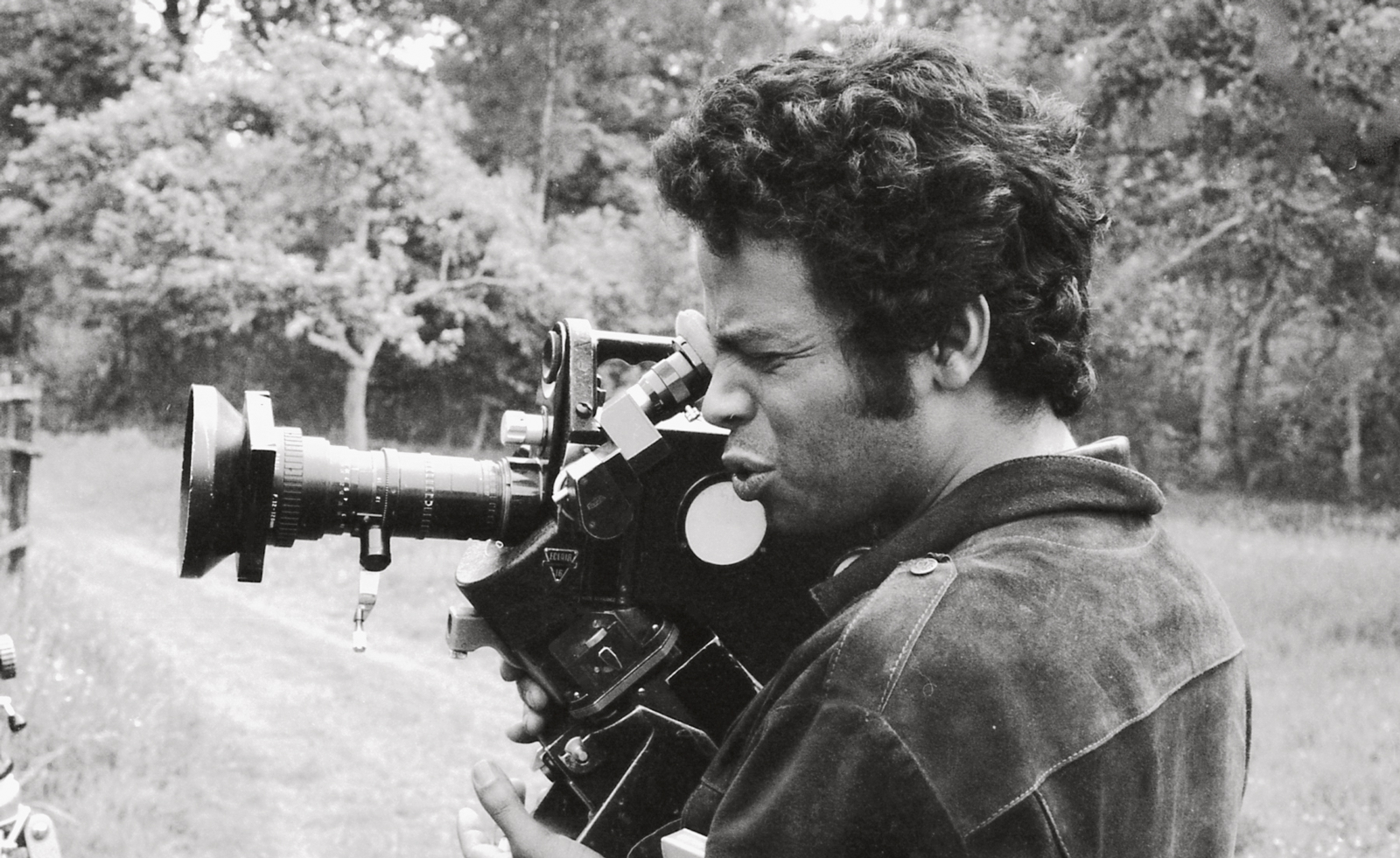 How Amy Sall is highlighting the beauty of African cinema
How Amy Sall is highlighting the beauty of African cinemaAmy Sall is highlighting the cultural impact of African filmmakers with ‘The African Gaze: Photography, Cinema and Power’, published by Thames & Hudson
-
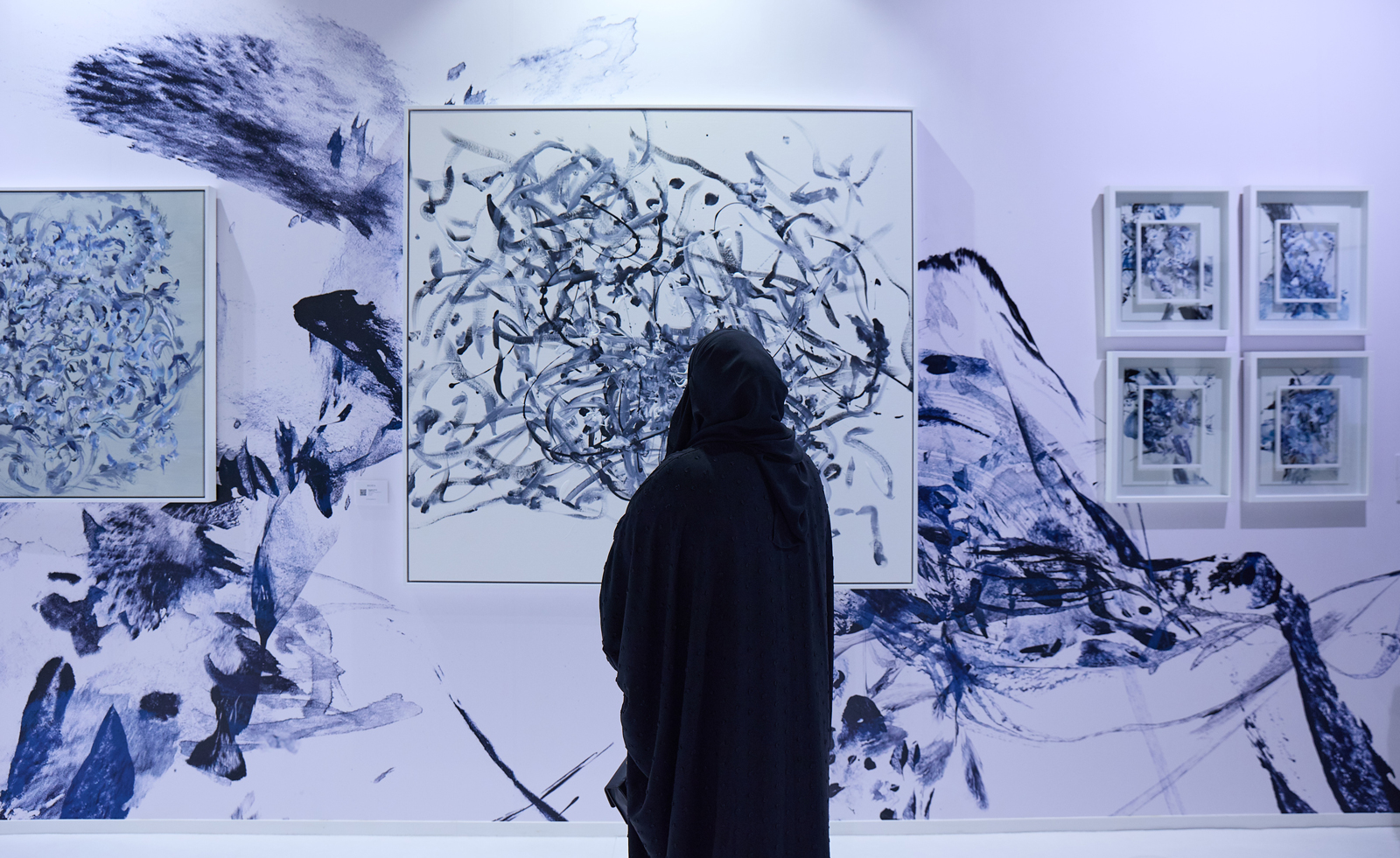 Art Dubai 2024 considers community and belonging
Art Dubai 2024 considers community and belongingWhat to see at Art Dubai 2024 this weekend, an oasis of art, design and ideas
-
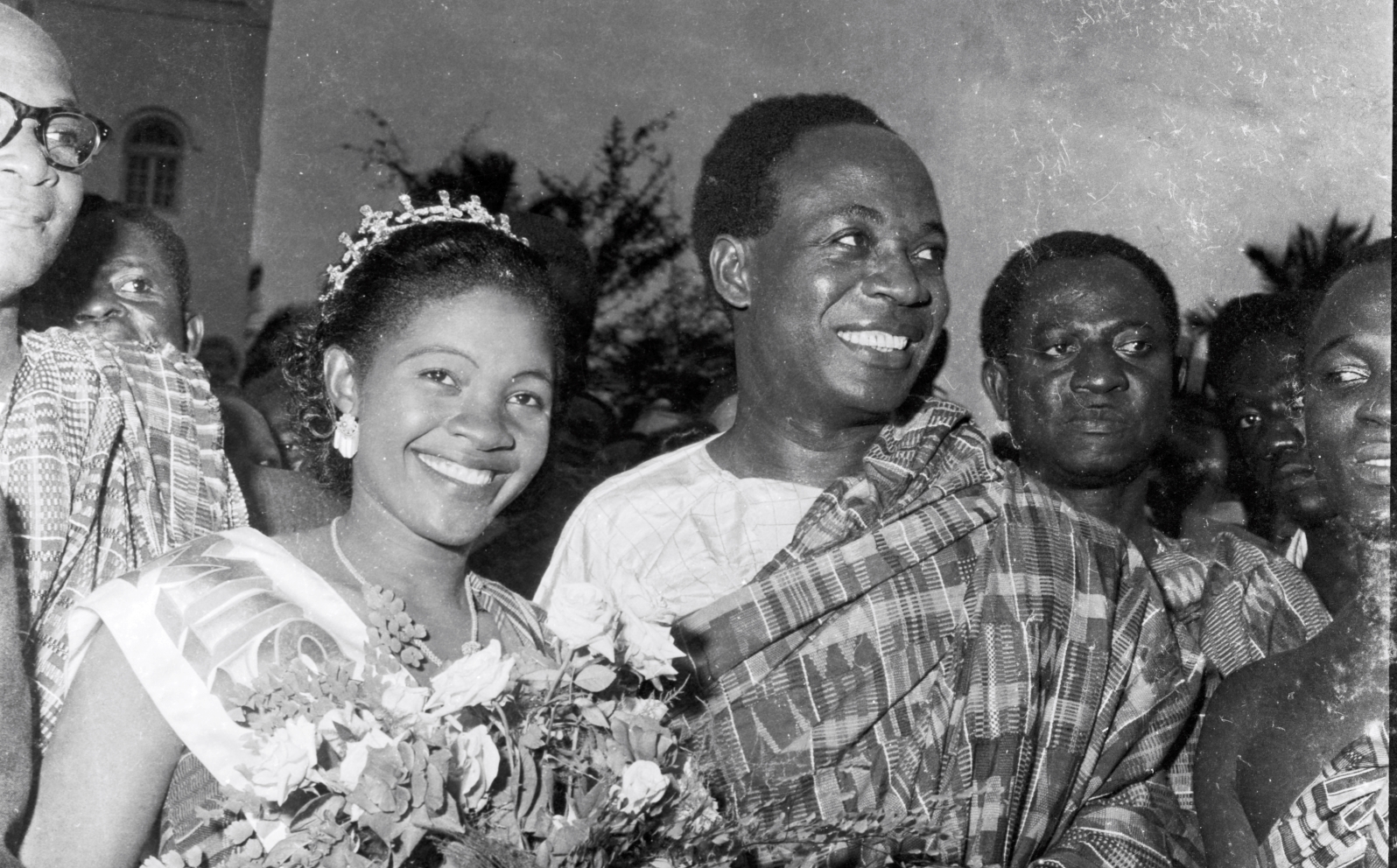 Unseen images by JK Bruce-Vanderpuije are a glimpse of life in 20th-century Ghana
Unseen images by JK Bruce-Vanderpuije are a glimpse of life in 20th-century GhanaLate Ghanaian photographer JK Bruce-Vanderpuije’s works are on show at Efie Gallery in Dubai, offering a vision of a nation across the decades
-
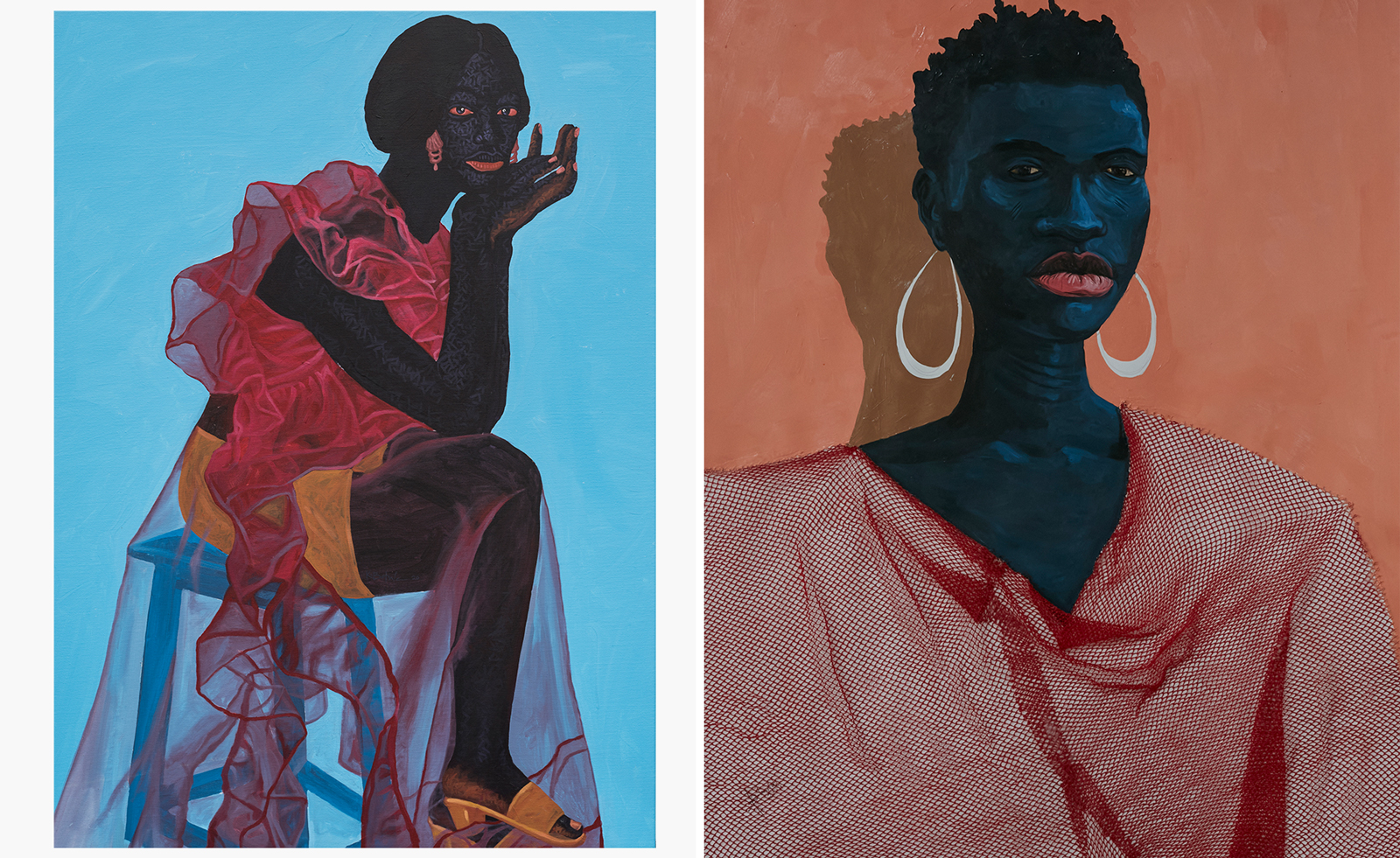 Ghana’s artists celebrated in new book by Manju Journal
Ghana’s artists celebrated in new book by Manju Journal‘Voices: Ghana’s artists in their own words’, from Manju Journal, celebrates 80 Ghanaian creatives